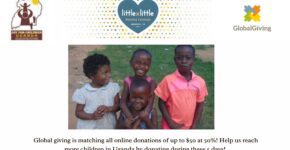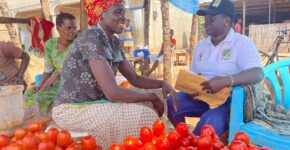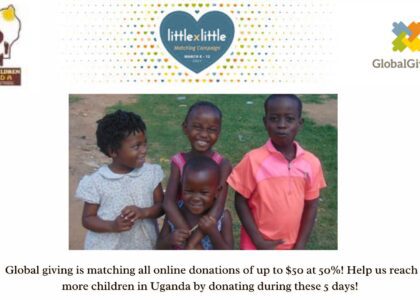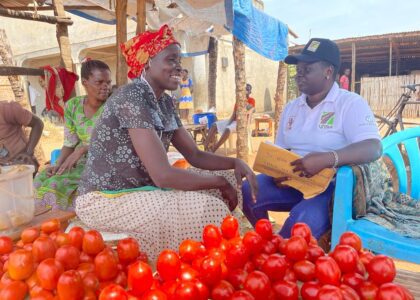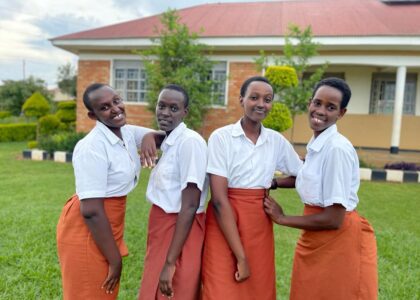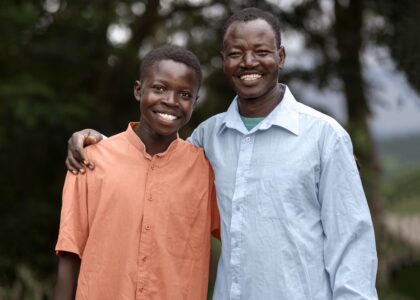Engaging Girls And Boys To End Child Marriage
Around the world, marriage is often perceived as a way of ushering in love and happiness, but for young girls below the age of 18 years ,getting married is one of the most unpleasant things that can happen to them,34% of girls in Uganda are married off before the age of 18 and 4% are off before their 15th birthday.6% of boys are married off before the age of 18.(UNICEF 2017)
Poverty is the major trigger of child marriage in the rural communities in Uganda, the thought of “another mouth to feed” precipitates some parents to marry off their children at an early age. Other causes may include discriminatory gender norms and cultural norms for instance in Western Uganda, where a girl`s family will receive cows in form of dowry which is an embodiment of prestige in the region.
The consequences can be fatal, still birth, limited access to education services, domestic violence, poor nutrition, contraction of sexually transmitted infections, psychological torture among others.
While the harms caused by child marriage are forbidding, the benefits are wide-ranging and that is why, Joy for children Uganda with support from Kios implemented the “Delay marriage, promote schooling for girls and boys” in Kabarole district in 2017 to create awareness about the harmful practice in the communities and finding lasting solutions to the evil vice. The vital activities included Local leader engagements to particularly pass on information to parents and young children about the harmful peril of early child bearing. Community leaders committed their efforts to speaking about the injustices that girls experience while transitioning to adulthood, enacting bylaws to levy heavy penalties on the perpetrators of child marriage.
School outreaches in five selected schools in the district, where the students embraced the idea of girl empowerment clubs, these students included teenage mothers trying to better their lives, bright students and introverted students who feel uncomfortable in about their body changes, the hope was that students would work together to help the unfortunate victims or survivors of child marriage. When students support other students, community friendships can blossom and good character begins to develop as well.
School debates for the students and head teachers to help understand the triggers of child marriage and devise means to putting an end to it, Using debates in the classroom helped students understand essential critical thinking skills, rational thinking, and refine their public speaking skills. Some students highlighted the key drivers of child marriage as being poverty, peer pressure and influence of bad groups among others.
Way Forward.
- There should be access to information about sexual and reproductive health services for adolescents to understand their bodies and prevent unwanted pregnancies, this can be done with the help of teachers because it was realized that some parents feel shy to discuss about sexuality with their children.
- The government should implement national legal frameworks that up hold international human rights standards for insistence making 18 years as the minimum age for marriage and imposing heavy penalties on persons found guilty of forcing young children into marriage. Government of Uganda should also ensure that these laws are not undermined by cultural traditions and beliefs.
- Providing economic incentives for example tax deductions on small businesses to the most vulnerable families so as to generate more income out of their businesses and be able to support their households, these can be identified with the help of community leaders.
- Donors should also pin government to meet its obligation of protecting the rights of children under the international law, for example the convention on the elimination of all forms of Discrimination against women, and the convention on the rights of the child.
Ending Child marriage calls for a participatory approach even though girls are the primary beneficiaries, projects cannot ignore the influential persons in their lives or the environment around them. This includes engaging mothers, fathers, husbands, and community leaders in assessments and possibly in engagement strategies prior to, or during, planned interventions.

